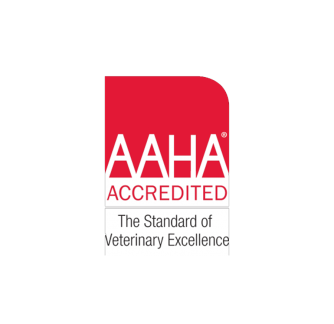Skyview Veterinary Hospital
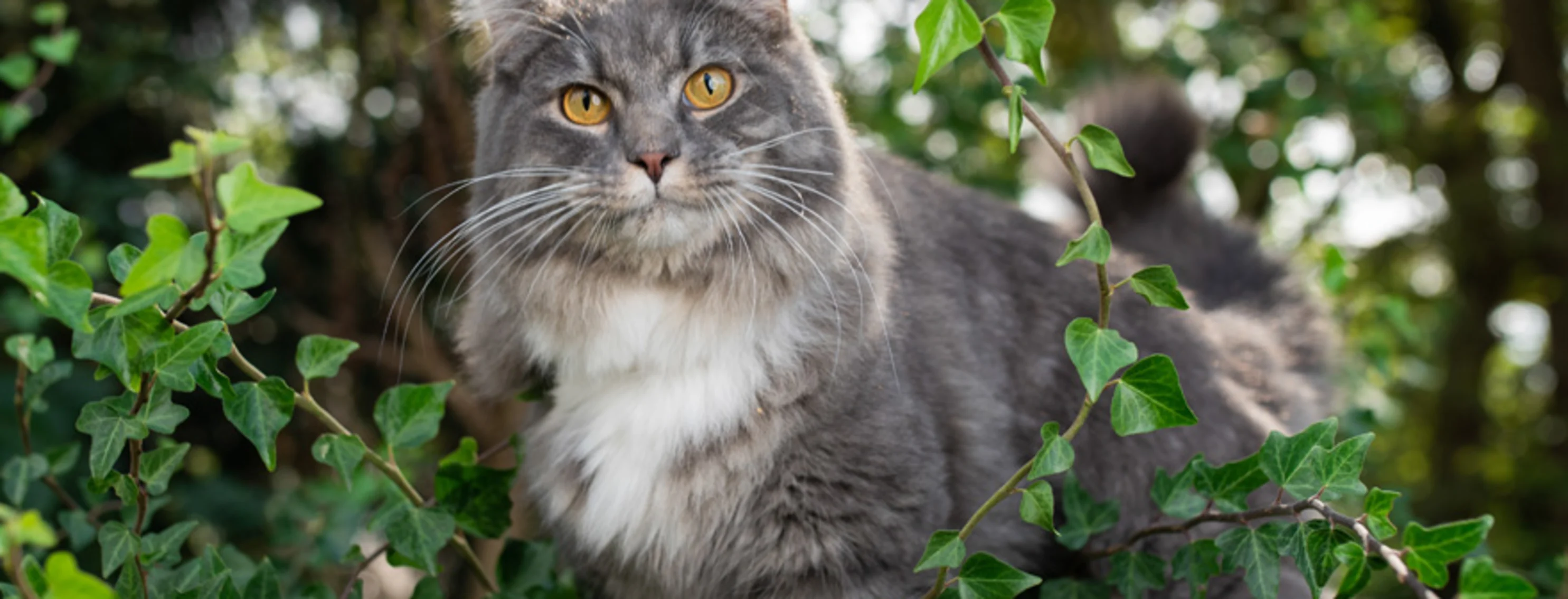
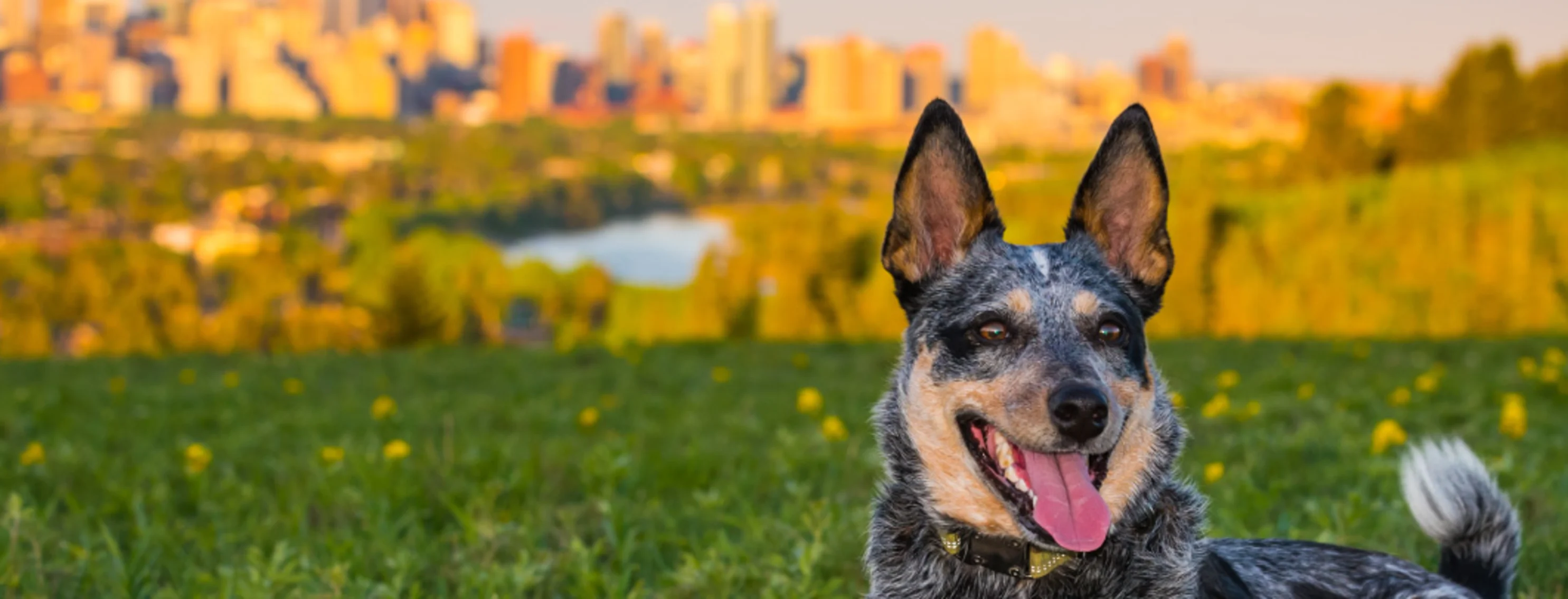
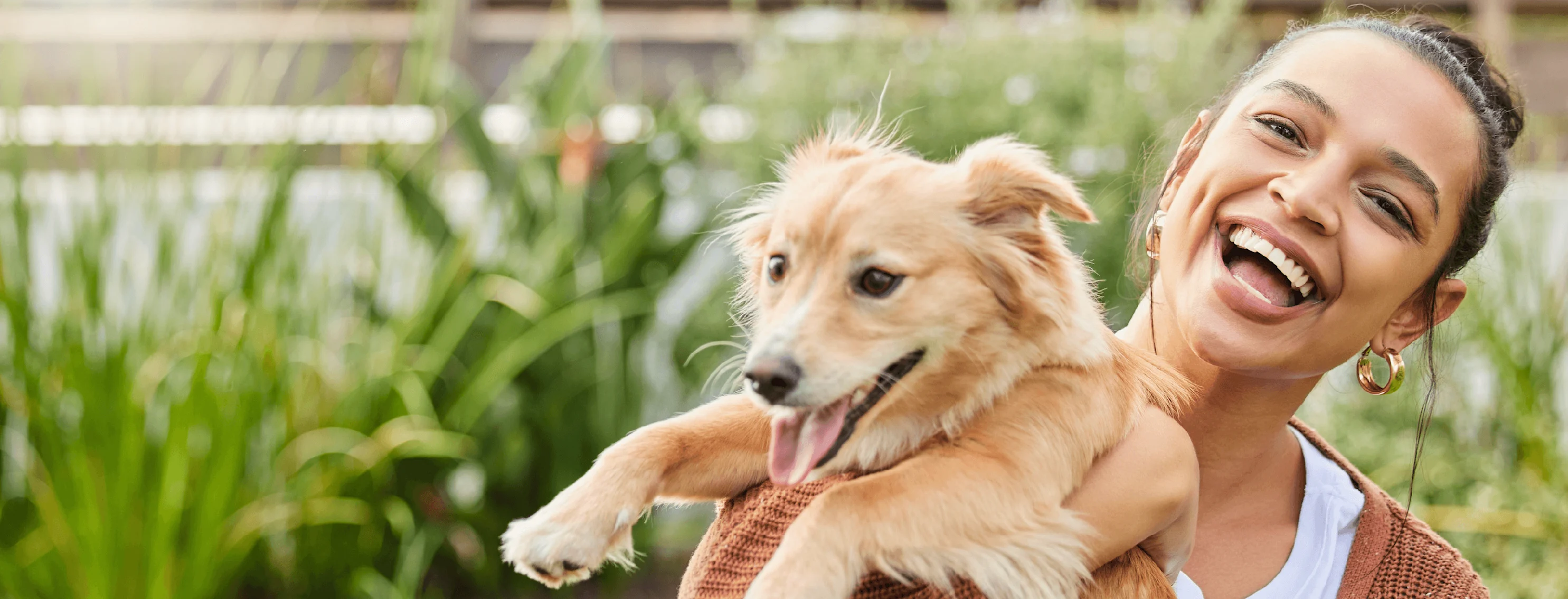
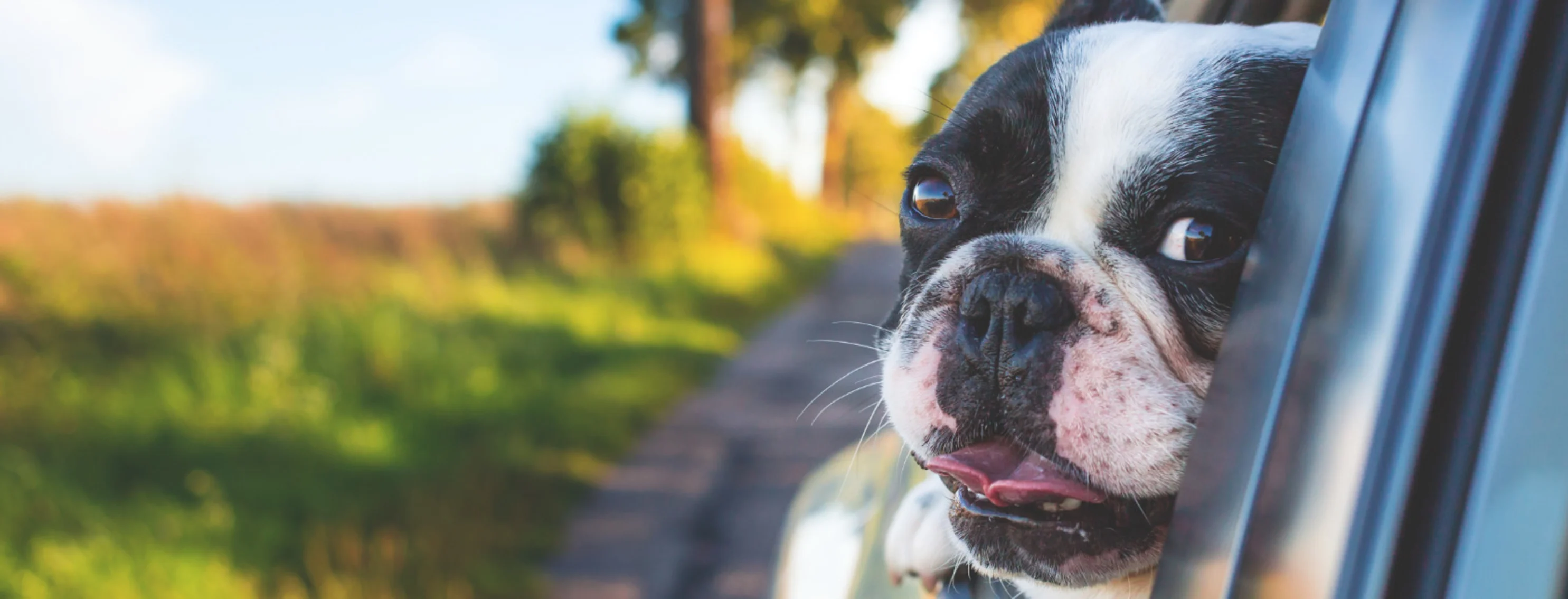

Our Hospital
At Skyview, we truly understand that your pet is a very special part of your family and your life so we make it our goal to uphold and honor that special bond by providing the best possible care for your pet.
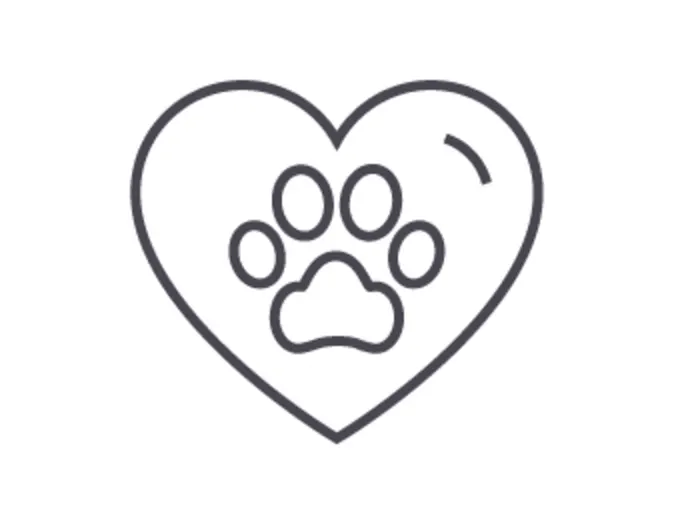
Our Mission
Our goal and policy is to treat our clients as we would treat our families, and to treat our clients’ pets as though they were our own. Our clients and patients are the heart of our practice.
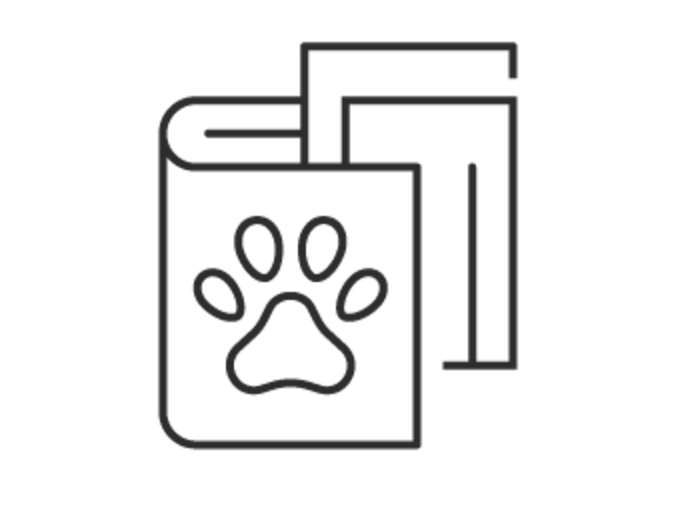
Our Services
The Veterinarians & Staff at Skyview Veterinary Hospital in Billings, Montana are pleased to provide our patients with excellent quality veterinary healthcare! We provide a variety of medical services.
Client Reviews & Testimonials
We value our clients’ experience at Skyview Animal Hospital. Here’s what some of your neighbors are saying about us.

